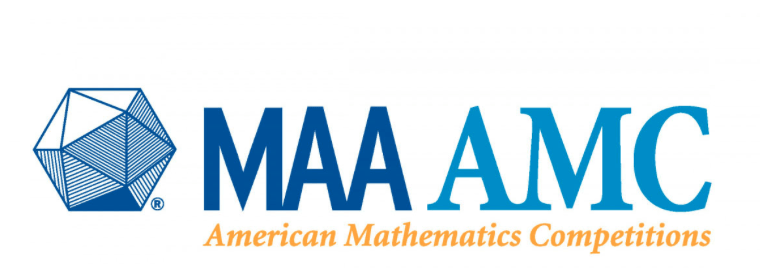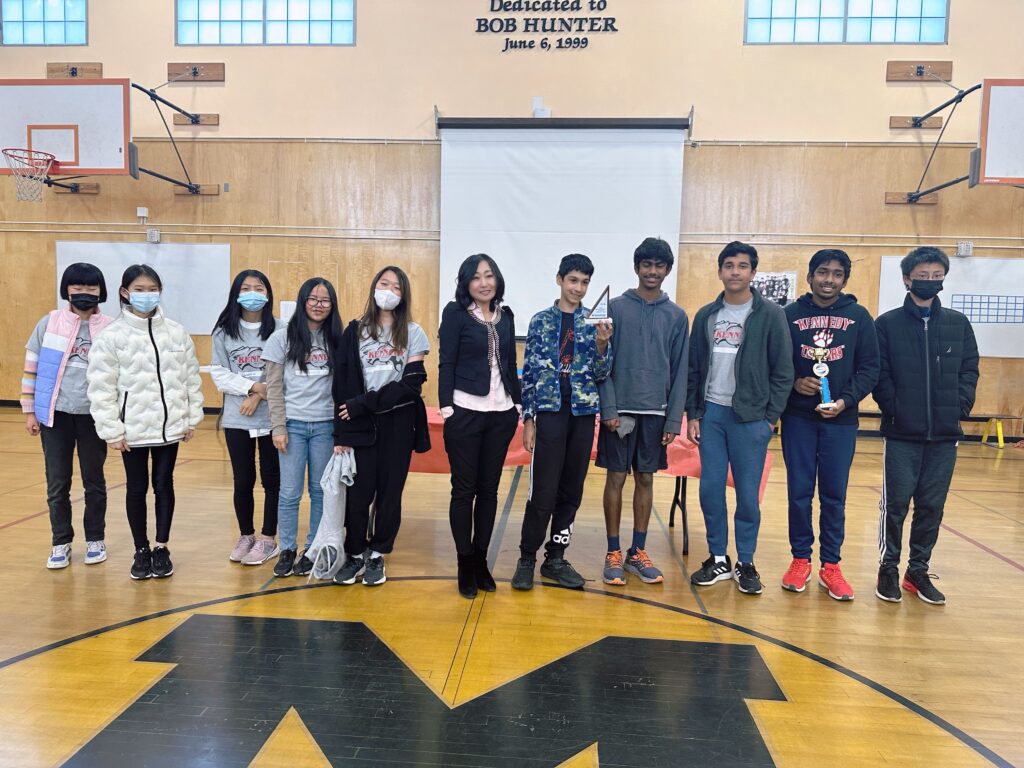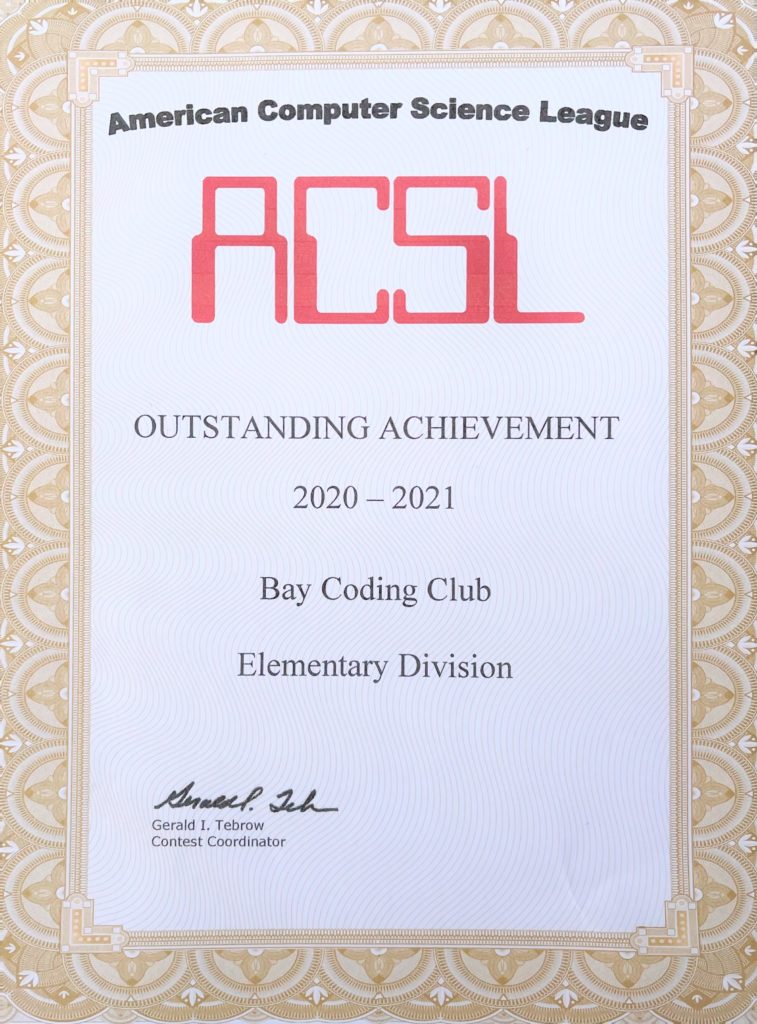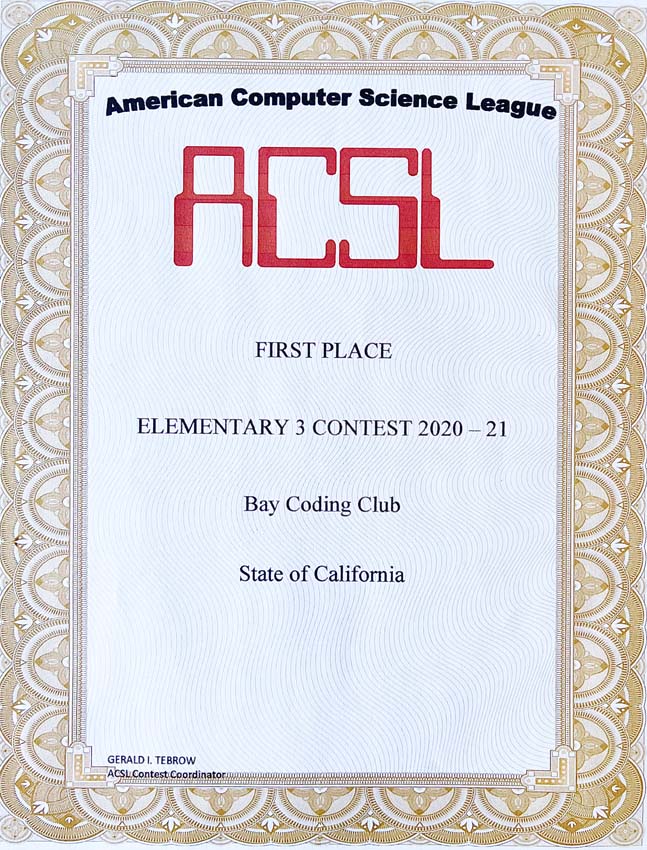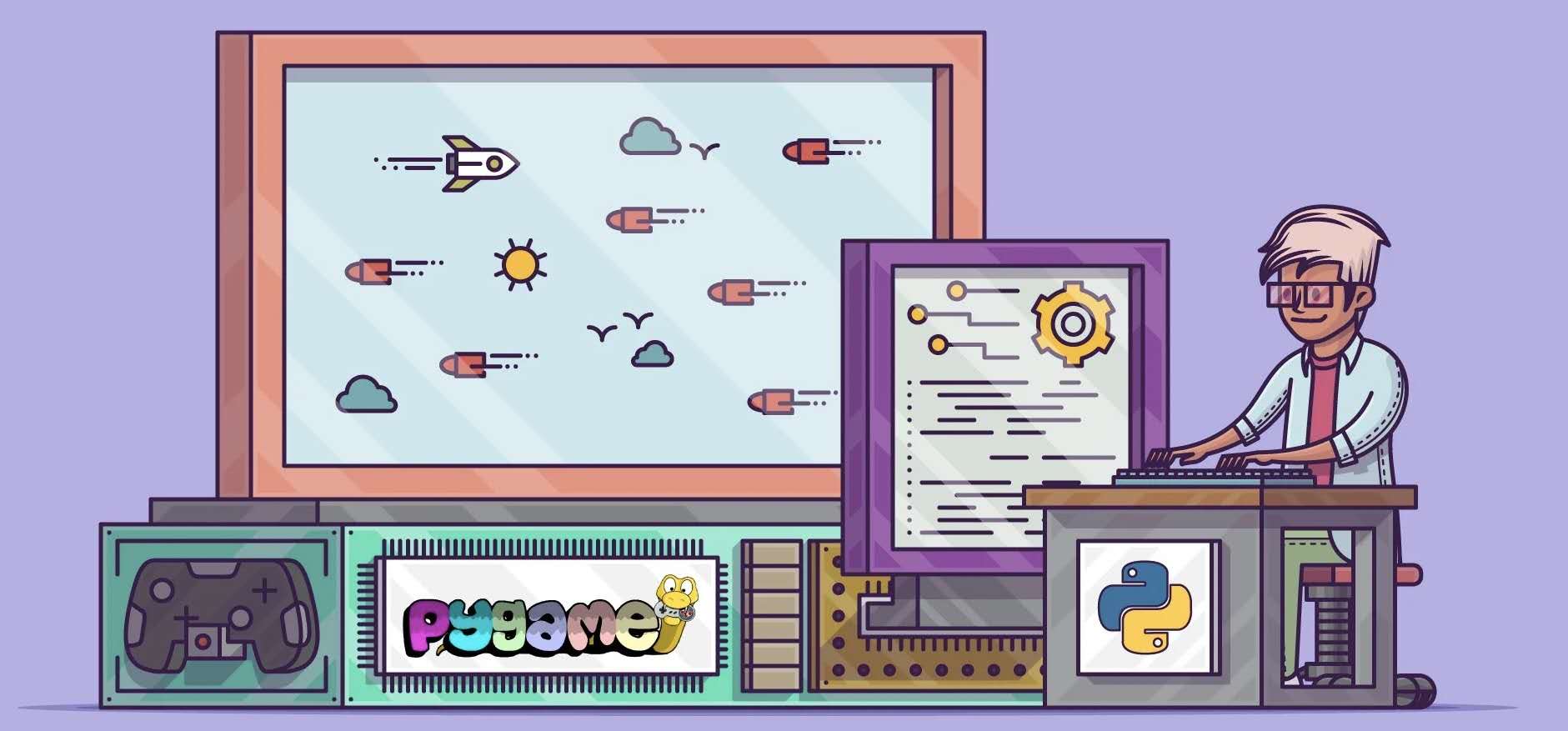The Most popular Courses

Java beginner to the USACO
Java from zero to APCS and USACO Bronze Group Class ( A year long program)

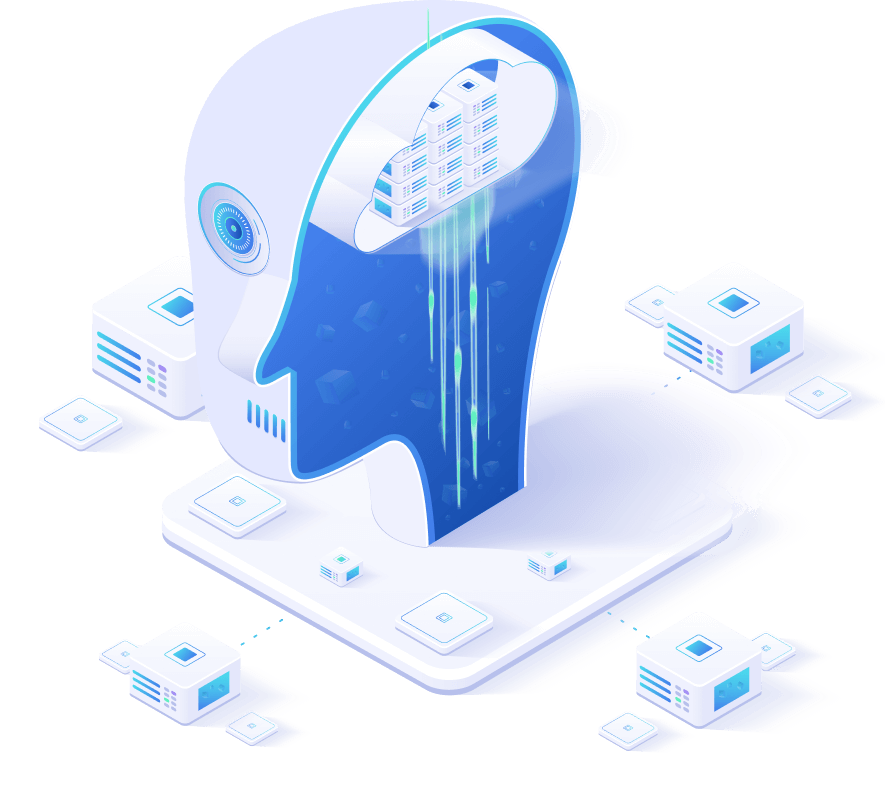
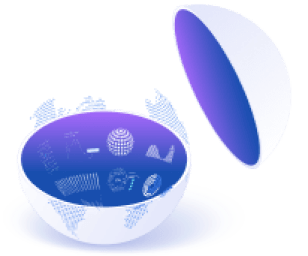
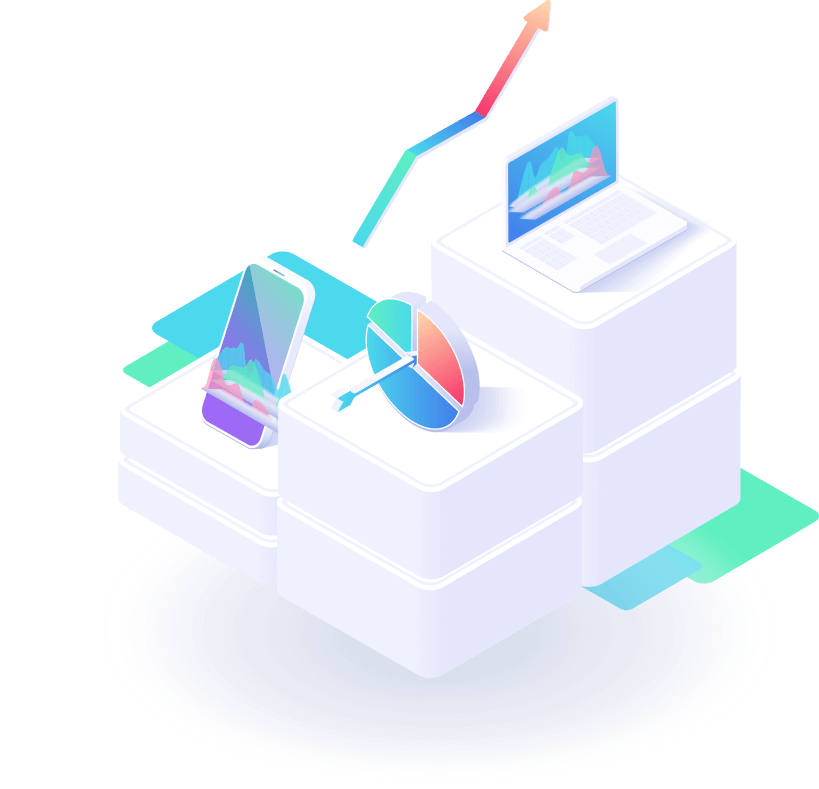

The USA Computing Olympiad (USACO) is the most prestigious pre-college level Computer Science competitions in the USA. It is an online competition for individuals that is held four times a year; in December, January, February and at the end of March (or at the beginning of April) in general.
In each contest, USACO has the following four divisions such as Bronze, Silver, Gold and Platinum from beginner to advanced. Each division has it’s own problem set. Each year after the final USACO contest, finalists are selected from the top-performing Platinum division contestants. Then, the top four finalists are selected to represent USA in the International Olympiad in Informatics (IOI) which is the premier pre-college level Computer Science contest in the world.
ACSL Team Contests Training Classes
Other popular Courses
-
$5,800.00
-
$220.00 every 4 weeks and a $20.00 sign-up fee
-
$220.00 every 4 weeks and a $20.00 sign-up fee
-
Sale!
$2,640.00Original price was: $2,640.00.$2,440.00Current price is: $2,440.00. -
$1,300.00 every 5 months
-
$220.00 every 4 weeks and a $20.00 sign-up fee
-
$220.00 every 4 weeks and a $20.00 sign-up fee
-
Out of stock
$1,100.00Original price was: $1,100.00.$1,000.00Current price is: $1,000.00. every 5 months and a $20.00 sign-up fee -
$450.00
We support computing education worldwide by identifying, motivating, and training computing students at all levels.
The training classes are open to all registered students. Please note that an Junior team entry EVALUATION is required for being a team member for the Junior contest team. Elementary team dose not need the evaluation. The evaluation test question will be provided by the coach. Feel free to contact us by sending an email to info@baycodingclub.com or call
650-254-6886.
ACSL offers multiple divisions, providing an appropriate challenge for students of varying ages and abilities. An unlimited number of students may compete in each contest.
Each season is divided into four contests, testing students on fundamental concepts in computer science, ranging from Number Systems to Boolean Algebra to Digital Electronics. In the upper divisions, each contest also includes a problem to solve by programming using Python, C++ or Java.
Contests are administered online. Team advisors facilitate students’ access to the online platform; the platform corrects the submissions and reports the scores to ACSL. Online resources assist advisors to prepare their students for each competition. Each topic on the Study Materials page is linked to the page of the ACSL Wiki that describes the topic in detail.
At the end of the year, the top students are invited to compete in an online Finals competition.
ABOUT ACSL
The ACSL, or the American Computer Science League, is an international computer science competition among more than 300 schools. Originally founded in 1978 as the Rhode Island Computer Science League, it then became the New England Computer Science League. With countrywide and worldwide participants, it became the American Computer Science League. It has been in continuous existence since 1978. Each yearly competition consists of four contests. All students at each school may compete but the team score is the sum of the best 3 or 5 top scores. Each contest consists of two parts: a written section (called “shorts”) and a programming section.Written topics tested include “what does this program do?”, digital electronics, Boolean algebra, computer numbering systems, recursive functions, data structures (primarily dealing with heaps, binary search trees, stacks, and queues), lisp programming, regular expressions and Finite State Automata, bit string flicking, graph theory, assembly programming and prefix/postfix/infix notation.
How many Divisions in ACSL? There are five divisions in ACSL: Elementary, Classroom, Junior, Intermediate, and Senior. The Elementary Division is a non-programming competition for grades 3 – 6. It tests one topic per contest. The Classroom Division is a non-programming competition for all grades and consists of a 10 question test on 4 topics each contest. Junior Division is recommended for middle school students (no students above the ninth grade may compete in it). Intermediate and Senior Divisions are for secondary school students, Intermediate being easier and Senior being more difficult.At the All-Star Contest, the Junior teams consist of 5 members each while the Senior and Intermediate teams can consist of 3 or 5 members. Each team competes against other same-sized teams in its division.
Regular Season in ACSLThe Regular Season, in which individual students compete to get their school team qualified for the All-Star Contest, consists of four rounds. These rounds consist of a programming part and a written part. In the programming part, students have 72 hours to complete a program in any computer language to perform the given task. In the written part, students have a total of 30 minutes to answer 5 questions based on given topics. Students then receive a score of up to 10 points (5 for written and 5 for programming). For the Classroom Division, students receive 45 minutes to solve 10 written problems. For the Elementary Division, students have 30 minutes to solve 5 written problems. Prizes are awarded to top scoring teams and students based upon cumulative scores after the fourth contest.

Alex Wei
Teacher and Counselor
Computer Science Major at MIT . Platinum Medal in USACO Seven years of competitive programming in C++ Five years of competitive programming in Java MATH TOP 50 In AMC Finals . USACO Private Teacher and College Counselor.

Adeethyia Shankar
college application counselor
Biotech Major at Brown University. S.-T. Yau Biology Award Semi-Finalist(G12) USAMO qualifier(G11 ) Professional Piano and Chess Player National Spanish Exam Gold Award
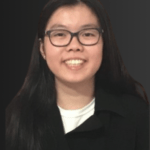
Rachel Lu
Parents voted the Best teacher
MIT Computer Science Major.
MIT Beaver Works Summer Institute
President of Girls Who Code Club
Teaching Python and Java at BCC
Teaching ACSL and USACO

